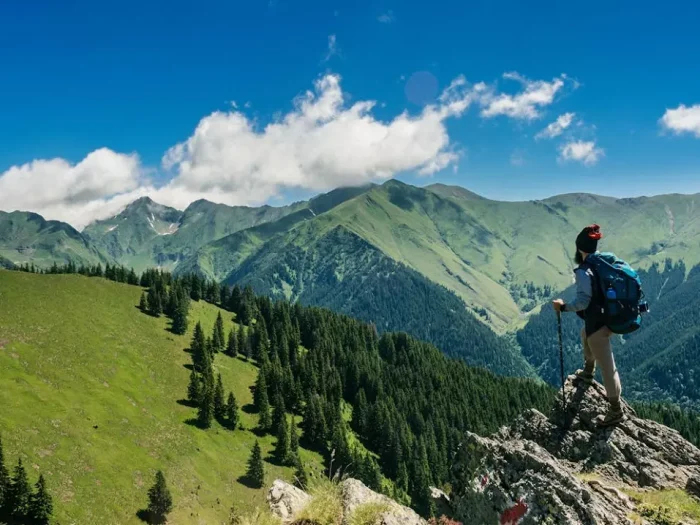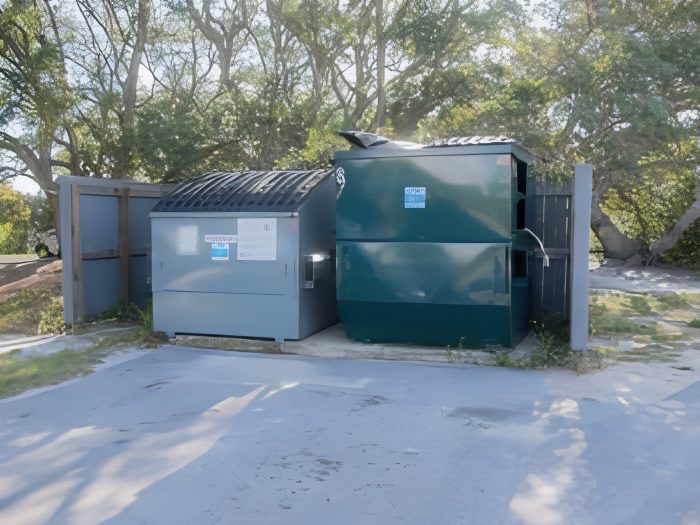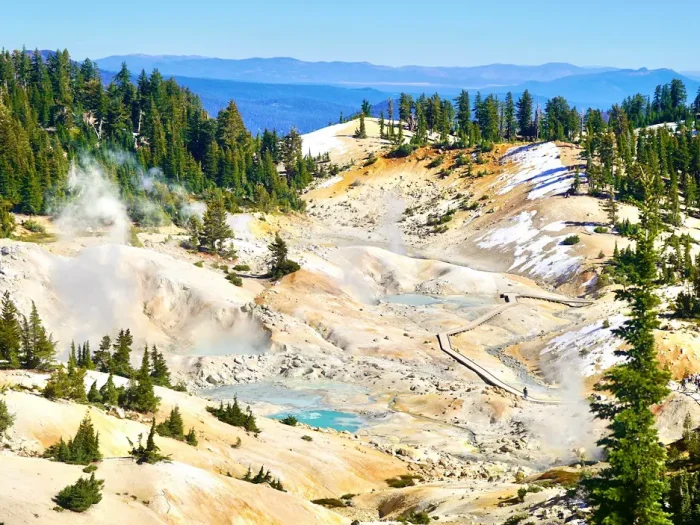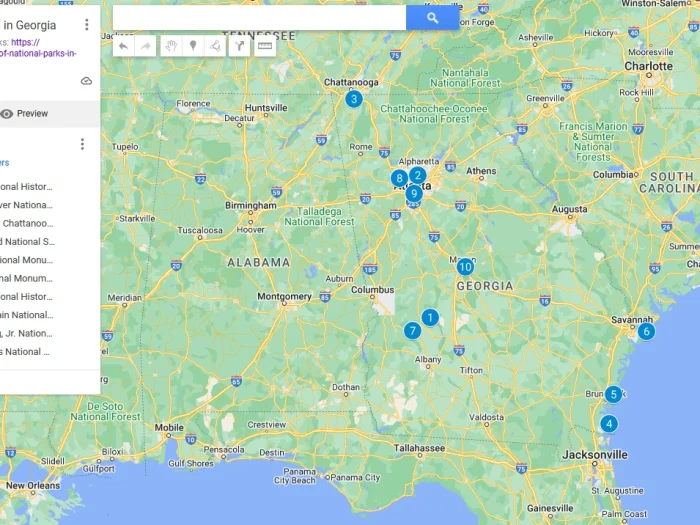Eco-Tourism Trend: Sustainable Hotels Join Black Friday Rush
Being climate-conscious doesn’t have to be an impediment to travel. Nowadays, hotels, airlines and entire destinations have their own sustainability programs that help mitigate their footprint. And even more important, with their Black Friday offers they are cheaper than ever 💚.
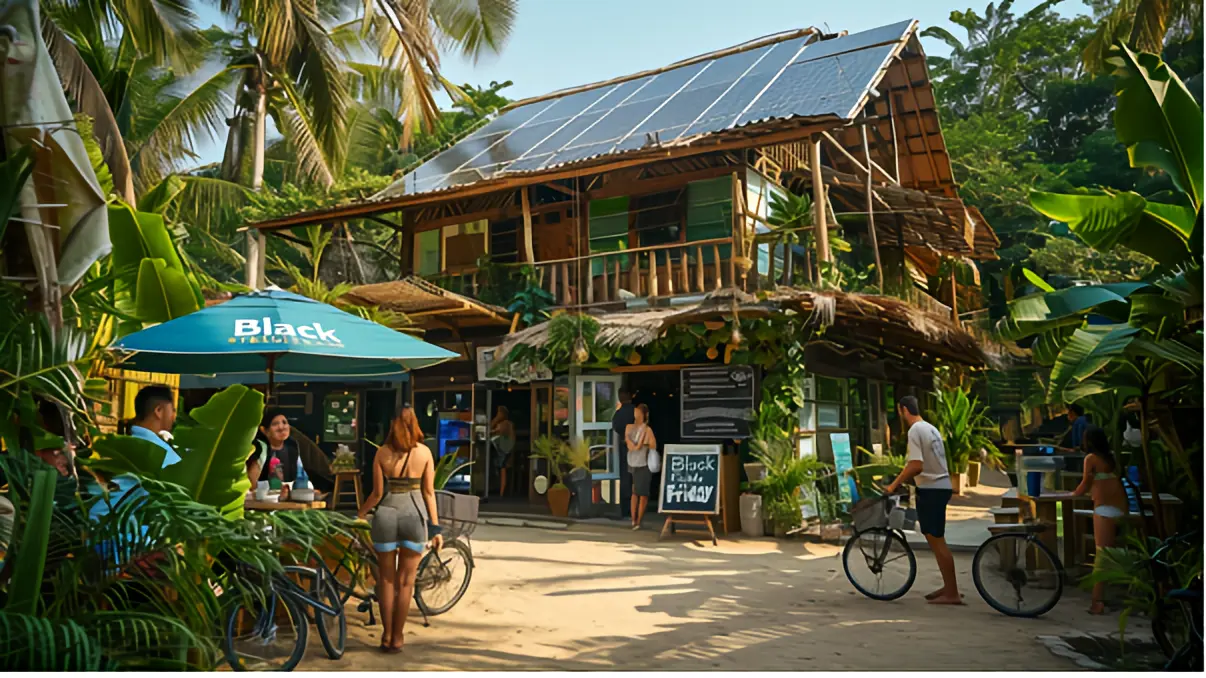
Why 2025 Is Different 🌿
The discount set has moved upmarket, and the messaging has matured. Instead of vague “green” promises, more brands are tying promotions to independently verified action plans — food-waste cuts, energy optimization, water stewardship, local sourcing…
That shift isn’t purely cosmetic; it reflects a multi-year push to bring third-party certification into the foreground. In sustainable hospitality, the benchmark is GSTC, the Global Sustainable Tourism Council, which sets the standard and accredits the certification bodies that audit hotels.
“Recognition” of a standard is not the same as accredited certification of a property — an important distinction for shoppers scanning sale pages this season 🍃.
Why Direct Booking Is Gaining Ground 🛎️
Black Friday isn’t just about the nightly rate anymore; it’s about the total value of the stay. Hotel groups have sharpened their direct channels with member-only extras like credits, complimentary nights, upgrades and late check-outs — perks that OTAs can’t replicate.
Barceló stands out this season for how it merges sustainable commitments with real traveler value 🌱. Its direct-booking campaigns emphasize not only savings but also eco-conscious stays that align with GSTC principles, offering guests tangible advantages without compromising environmental goals.
Those seeking to travel responsibly — and affordably — will find that this is the ideal moment to check Barceló’s official site and explore the Black Friday eco-resort specials, where certified sustainability meets limited-time value for the 2025 travel season.
What Sustainable Looks Like on Property ⚙️
The most effective levers are often out of sight. Nowadays, eco-responsible hotel kitchens have become data labs, with AI systems that help chefs measure and prevent waste at the buffet line.
Different sources report a 28% reduction in food waste across dozens of hotels using AI — a change that trims emissions and costs without touching the guest experience. Water is metered and recirculated where feasible; HVAC systems are tuned dynamically, cutting idle energy draw while keeping rooms comfortable.
When those efficiencies are in place, aggressive seasonal pricing is easier to sustain 🌾.
The second lever is proximity. Properties that buy locally shorten supply chains and keep more value in the community: farm partnerships, fishery agreements, artisan networks.
For the guest, that reads as better produce on the plate, more distinctive amenities, and excursions that are genuinely of the place rather than parachuted in. It also makes sustainability visible in ways travelers can evaluate without a science degree 🌎.
The Black Friday Layer 🛍️
Sustainable leaders are no longer niche players in the promo calendar. For this 2025 Black Friday, we can expect sales that open early and target longer stays with progressive value: stacked percentage discounts, free nights on multi-night bookings, and credits that can be used for low-impact experiences — like reef-safe diving, bike rentals, or local-guided outings 🚴♀️.
Barceló’s official sale hubs push exactly that mix: lowest prices on the brand site, framed by a public sustainability agenda. Other brands, meanwhile, spotlight specific resorts and travel windows rather than blanket reductions.
The pattern to watch: narrower inventory, stronger bundles, clearer terms.
The Mobile Moment 📱
Most shoppers will make their purchase from a smartphone. App-only codes, push notifications and streamlined checkouts compress the distance between “that’s interesting” and “confirmed.”
Recommendation engines trained on recent searches steer you toward properties that match both your dates and your sustainability filters — GSTC-certified, plastic-free operations, EV charging, bike access — so you can move decisively when the rate drops in your window ⚡.
The behavior fits the season: fast, comparative, opportunistic.
How to Seize the Window Without Lists 💡
Start with intent. Define your travel window, non-negotiables (independent certification, public reporting, transit access), and a back-up plan.
Benchmark smart, book smarter. Use OTAs to compare; book directly when the total bundle — rate, perks, and flexibility — is superior.
Verify the proof. Note the certification name, the auditor, and the year. If a page cites GSTC, confirm whether it’s the certifier’s accreditation or a property certification.
Flex for value and footprint. Shift by a day, add a Sunday, or stretch a short break into a work-from-anywhere week to drop the nightly average and spread travel emissions across more days 🌍.
Protect your options. Favor changeable rates so you can rebook if prices soften within your dates.
Price the whole itinerary. Account for taxes, resort fees, transfers, and the real value of direct-channel credits.
Reality Check ⚠️
Black Friday discounts are capacity-dependent and time-sensitive. Inventory on the most sought-after eco-resorts will be thinner, and terms vary by destination.
Read cancellation policies in full, note minimum stays, and confirm whether sustainability claims are backed by an accredited audit.
The litmus test is simple: does the property publish who certified it and when? GSTC’s own guidance is explicit about the difference between recognized standards and accredited certification — use that clarity to avoid greenwashing at the checkout page 🌿.

